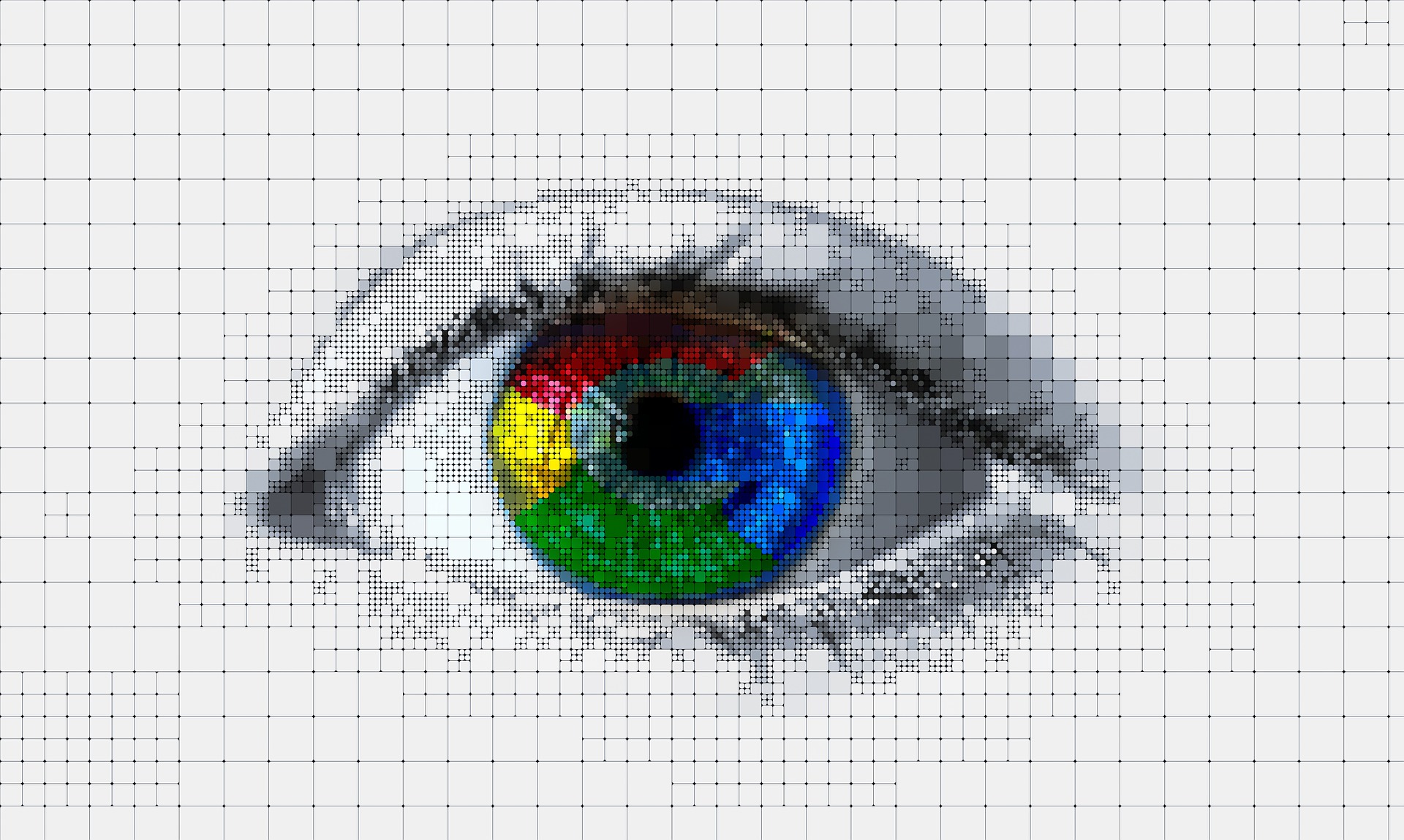Google forms advisory council to keep AI on the straight and narrow
Don't be evil

Terrified of artificial intelligence taking over the world? Google hears your concerns. The tech giant has announced an advisory committee, one that will effectively serve to interrogate Google's decisions as a developer of futuristic AI technology.
Named the Advanced Technology External Advisory Council (or ATEAC), the council will advise on the "responsible use and development" of AI within Google – a company involved in numerous applications for machine learning and the 'smart' handling of user data.
[Update: Google has since closed its AI advisory committee, after being criticized for its appointment of controversial members. A win for the robots, we guess?]
- Google could be working on a folding phone too
- Google Lookout aids visually impaired users
- Google Stadia: the gaming streaming service is on its way
ATEAC was announced by Google Senior Vice President Kent Walker, at this year's at this year's EmTech Digital 2019 conference. The debate around the ethics of AI is a heated one, with academics and consumers alike fearful of making technology that outstrips our ability to control it.
Both Elon Musk and the late Stephen Hawking have spoken of AI as more an existential threat to mankind than nuclear weapons – and Google's own foray into military contracts show that the two threats may not be too distinct from each other in the future. (Google even backed out of a $10bn cloud computing contract with the Pentagon last year after internal resistance from Google staff.)
Don't be evil (please)
Google has always had ethics at the heart of its mission statement – literally "don't be evil" – but it can be difficult to see a massive and powerful conglomerate as a force for good in the world, given how much influence and control Google has over our data and communication systems.
Google's also not the first company to pledge to use AI for good, but what 'ethical AI' actually looks like is still far from common ground among today's tech elite.
Sign up for breaking news, reviews, opinion, top tech deals, and more.
The committee may act as a much-needed conscience as Google develops tomorrow's AI systems, but unless Google really listens to and acts on its new conscience, the future of AI looks as hazy and uncertain as ever.
Via Engadget

Henry is a freelance technology journalist, and former News & Features Editor for TechRadar, where he specialized in home entertainment gadgets such as TVs, projectors, soundbars, and smart speakers. Other bylines include Edge, T3, iMore, GamesRadar, NBC News, Healthline, and The Times.